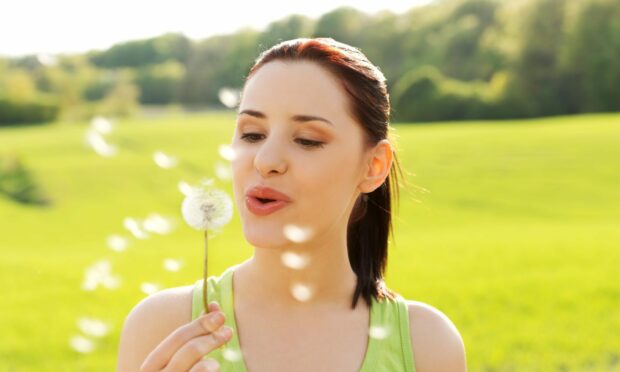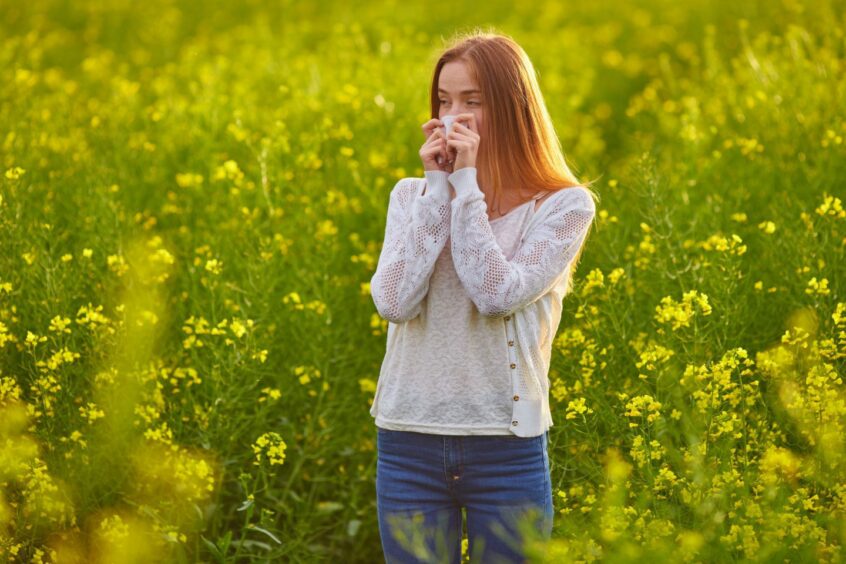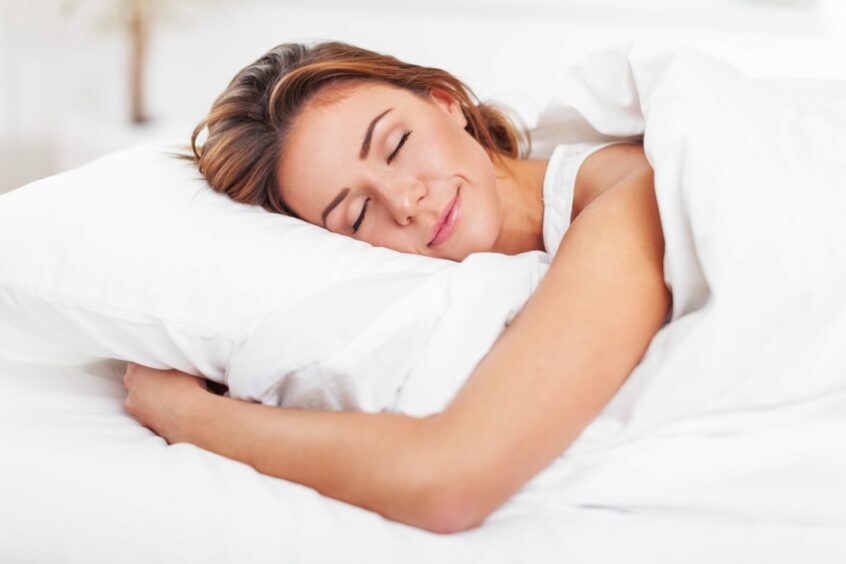We all look forward to the warmer spring and summer months, but if you’re one of the millions of people in the UK affected by hayfever – as many as 20% of us are – you won’t want to hang up your hanky just yet.
An allergic reaction such as hayfever can be explained as an excessive reaction to a normally harmless substance.
The immune system identifies the harmless substance, in this instance pollen, as dangerous, and produces an antibody called IgE, which triggers the production of histamine.
Histamine is an inflammatory chemical that causes an array of unpleasant symptoms, including running nose and eyes, itching and burning in localised areas such as in the throat, nose and eyes, puffiness, swelling and mucus formation. Altogether, not much fun.
So if histamine is to blame, surely an anti-histamine is the perfect antidote to allergy?
Yes, but it’s worth understanding why your immune system is acting up in the first place as you may be able to dampen down your body’s allergic response.
Furthermore, a temporary shortage of some ingredients used in anti-histamine medication was reported this week.
What causes allergies?
According to immunologist Dr Ross Walton, allergies are a product of humanity’s progression – an “evolutionary hangover”, not so much genetically, but certainly socially.
They are driven by an immune response that was initially there to protect us against parasitic infections. However, as society has evolved and become “cleaner” and (fairly) parasite-free, we now have an immune response that lacks the appropriate education and sometimes fires itself up when it doesn’t really need to.
And this is where a decent night’s sleep can help. While scientists are still trying to figure out the exact relationship between sleep and the immune system, many agree that a lack of sleep can severely impair immunity and make you more vulnerable to infections like colds and flu, and also allergy.
Many studies suggest that sleep helps our bodies create the immune cells we need to fight off pathogens. Others show that sleep helps to shift the balance of anti-inflammatory proteins so that the immune system can recognise and respond better to bugs and allergens.
Either way, the science certainly shows that improving our sleep is an easy win when it comes to improving our immune response.
So, if you are prone to allergies, making sure you sleep well can help to keep your immune system healthy and responding appropriately, which may give you a head-start this hayfever season.
In addition to sufficient sleep, other lifestyle adjustments can help you to stay one step ahead of hayfever.
What can I do to help myself?
Keep your body as free from toxins as possible by avoiding junk and eating wholefoods. Keep your caffeine and alcohol intake low and avoid nicotine.
If you live in a polluted area or work with chemicals or in traffic-ridden areas, regular detoxes to keep your system clear will help. Simple steps such as drinking plenty of water and keeping your bowel moving daily will reduce the toxic load on your system.
Avoid histamine-rich foods. If you are histamine sensitive, reduce your intake of high-histamine foods and drinks, such as alcohol, kombucha, sauerkraut, vinegar, soy sauce, kefir, yoghurt, cured meats, aged cheeses, dried fruit, nuts, tuna, anchovies and sardines.
Dairy foods can also be problematic, as they cause mucus formation that can exacerbate hayfever symptoms – keep these to a minimum. You should also keep your intake of refined sugar low. If you suffer with any type of allergy, hayfever included, you’re more likely to have wobbly blood sugar and be sensitive to refined sugar.
Sugar can trigger surges and drops in blood sugar levels that cause adrenalin production to kick in, which involves the production of histamine – just what you don’t want.
What remedies are available?
And circling back to anti-histamines, these can of course help to keep allergy to a minimum. Approximately two weeks before your usual symptoms kick in, take Luffa operculata twice daily. Pollinosan Hayfever Tablets contain seven tropical herbs, including Luffa operculata and Galphimia glauca, to help with allergy to grass and tree pollen.
They are non-drowsy and so will not affect your ability to drive or use machinery. A nasal spray is also available for immediate relief.
If your eyes are particularly sensitive to hayfever try Pollinosan Hayfever Eye Drops. With hyaluronic acid and chamomile, they provide a soothing solution for red, burning, itchy eyes as a result of hayfever-causing allergens, and can be used with contact lenses and glasses.
Finally, a bit of detective work will also help you to outsmart your pollen-shaped foe – stay up to date with the latest pollen information in your local area by checking your five-day pollen forecast.
For further information, ask in store at Grampian Health Store, 34 Market Street, Aberdeen, or call 01224 590886. If you’re unable to get out and about, home delivery is also available.



